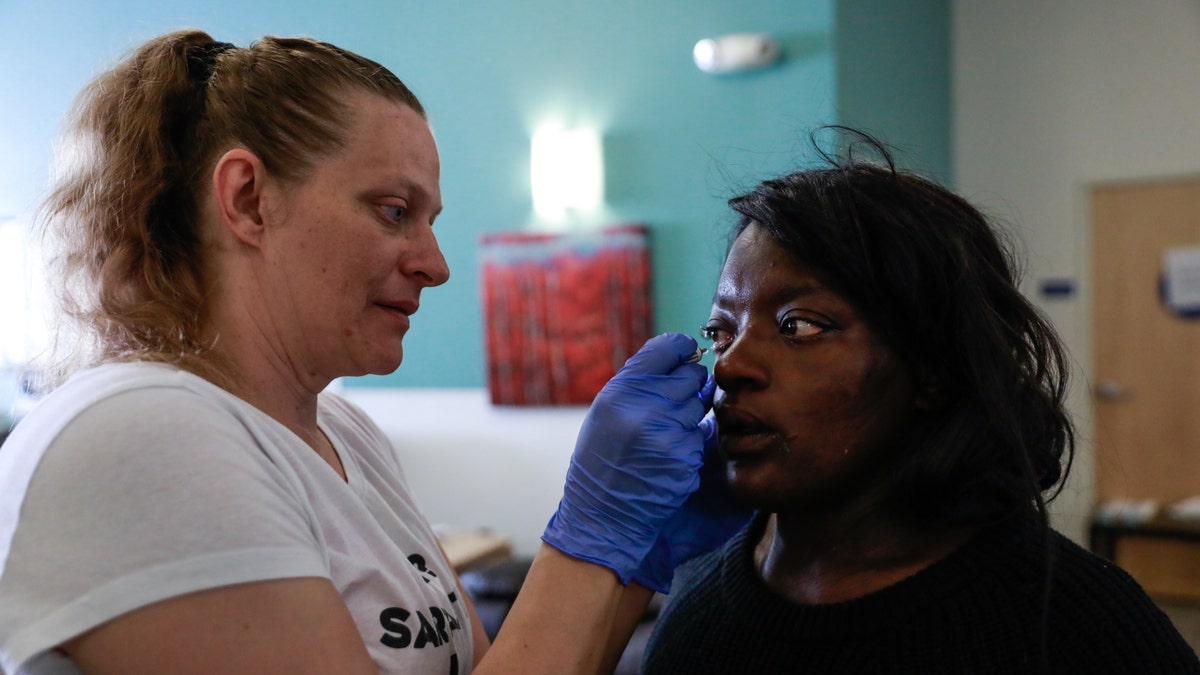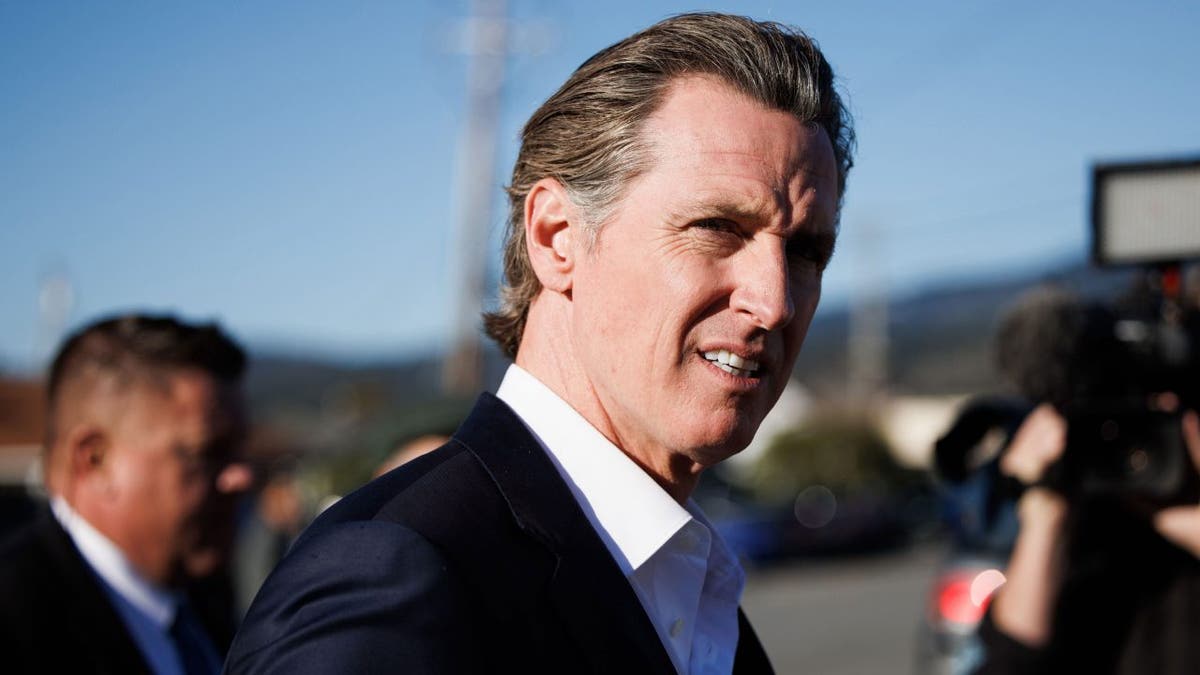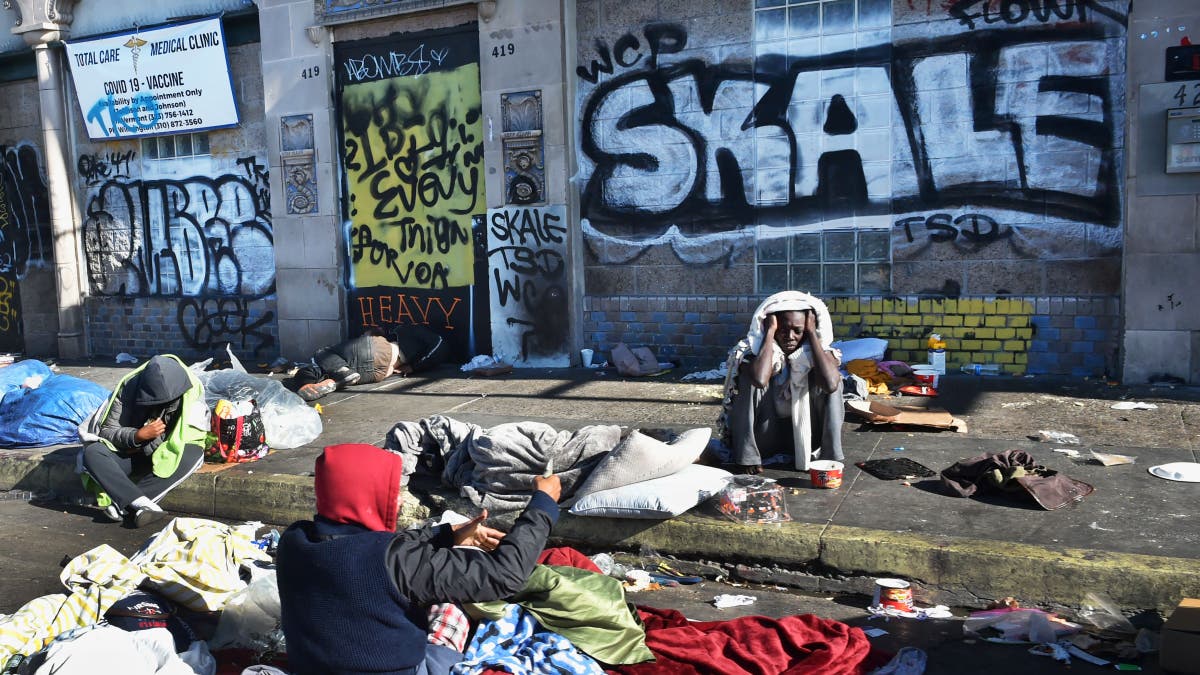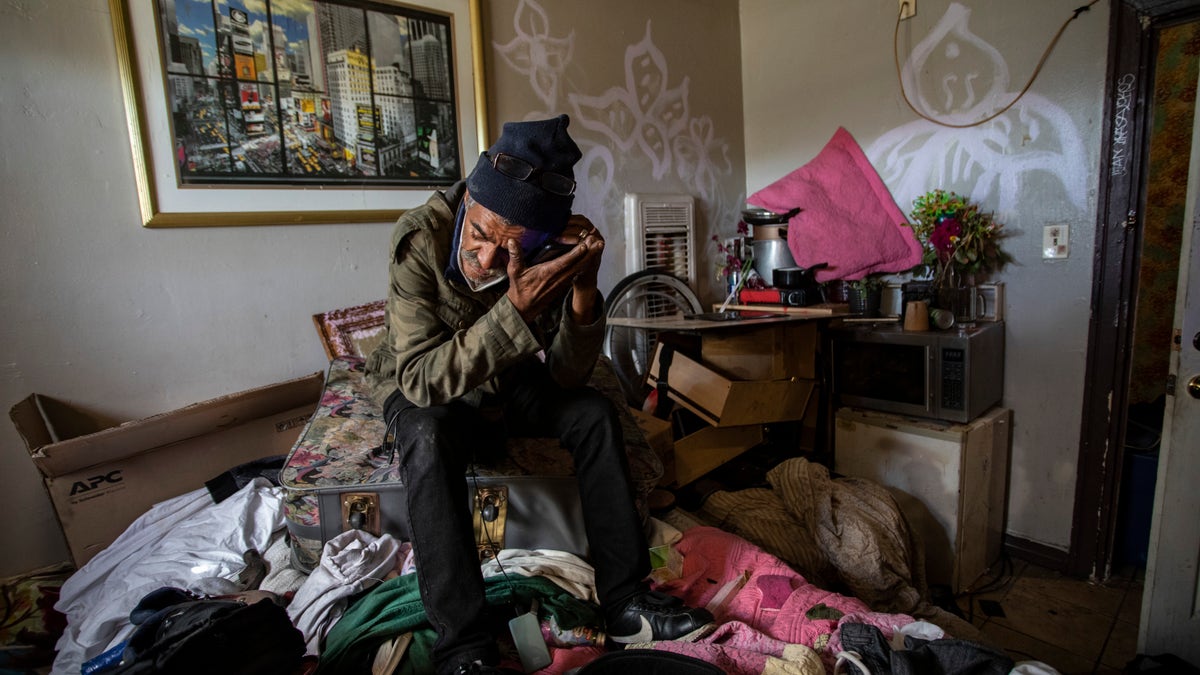Governor Gavin Newsom's ambitious plan to reshape California's mental health system has ignited a heated discussion, with critics raising concerns about potential funding cuts to existing programs. The proposal aims to redirect over $700 million annually from county-managed services towards housing initiatives for the homeless, particularly those with chronic homelessness.
Newsom's plan centers around modifying the Mental Health Services Act (MHSA), which levies a 1% tax on personal income exceeding $1 million to finance mental health services. Currently, counties receive 95% of this revenue, allowing them considerable autonomy in allocating resources. The Governor's proposed changes would retain 92% of the funding for counties but introduce stricter regulations on its use, emphasizing housing and comprehensive programs known as Full-Service Partnerships (FSPs) for individuals with serious mental illnesses.

Under the new structure, counties would be obligated to allocate 35% of the funding to FSPs and 30% to housing interventions, with half of the housing funds specifically designated for the chronically homeless. The remaining 30% would be allocated to Behavioral Health Services and Supports (BHSS), a category offering counties more discretion in funding various mental health services not covered by FSPs. However, this restructuring necessitates a significant shift in spending, requiring counties to increase FSP funding by $121 million (23%) and housing funding by $493 million (218%), while simultaneously reducing BHSS spending by $719 million.

The California Legislative Analyst's Office (LAO) has expressed concerns about the potential impact of these changes, suggesting they could lead to decreased funding for existing mental health programs. The LAO has also questioned the administration's rationale for prioritizing MHSA funds for housing over other available resources, particularly given the broader scope of MHSA beneficiaries. Furthermore, the LAO has highlighted the potential conflict between mental health programs and homeless services, emphasizing the need for evidence that the proposal will improve overall behavioral health outcomes for all Californians.

California's homeless population is the largest in the nation, comprising 30% of the national total. While the state has invested heavily in housing and homelessness initiatives, the problem persists. Newsom's administration argues that the proposed changes are essential to address the growing crisis and improve the efficacy of interventions. However, critics contend that the shift in funding priorities could negatively impact vital mental health services. The LAO has also raised concerns about the centralization of decision-making power, potentially diminishing the valuable expertise of counties in program implementation and understanding local needs.

The debate over Newsom's proposal highlights the complex challenges of addressing both mental health and homelessness in California. While the administration emphasizes the urgent need for action, critics urge careful consideration of the potential consequences of diverting funds from existing programs. The LAO's analysis underscores the need for a thorough assessment of the proposal's potential impact on the overall behavioral health of Californians and the importance of maintaining a balance between state-level direction and county-level expertise.
Comments(0)
Top Comments